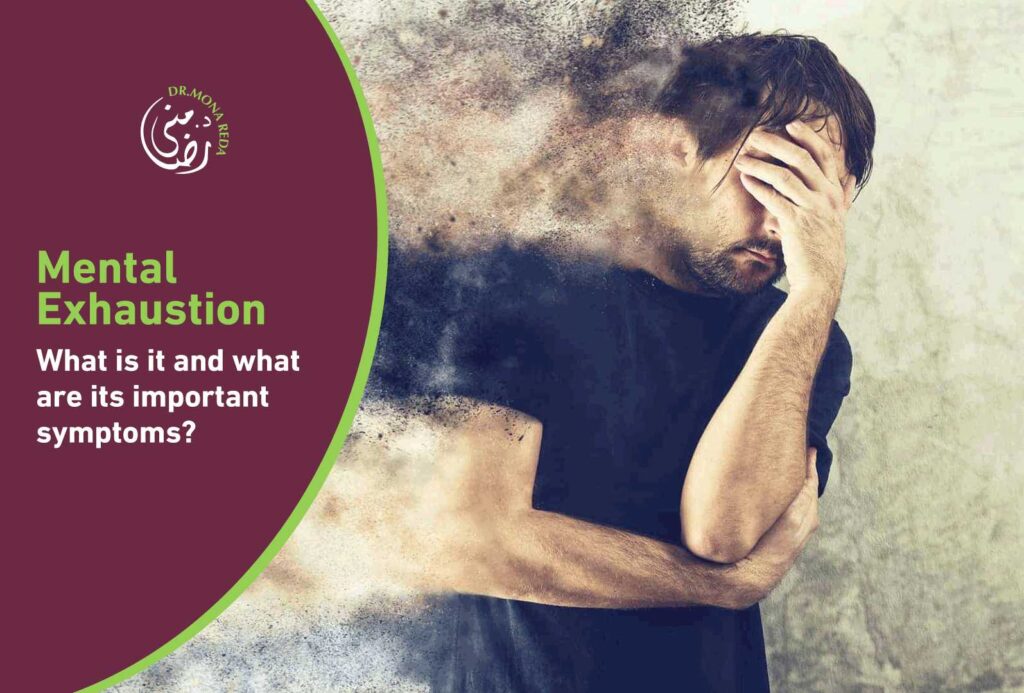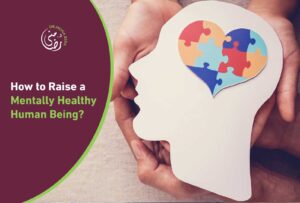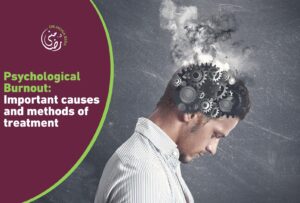An individual is exposed to a range of challenges and pressures that adversely affect his or her mental health resulting in Mental Exhaustion and fatigue that occurs as a result of difficult work requirements, social relationship problems, or even global events that significantly affect individuals.
In this article we will talk about what is Mental Exhaustion, what are its symptoms and how to overcome it?
What is Mental Exhaustion?
Psychological fatigue is a feeling of constant mental exhaustion where you feel less vigilant and focused, tasks that usually require minimal effort seem daunting, you may also find that you are more forgotten or stressed. Psychological fatigue is a signal from your mind that you need enough rest and calm.
Mental exhaustion can disrupt your social life, finding yourself unable to engage in family gatherings, finding it difficult to enter into new emotional relationships, and feeling disconnected from things that give you pleasure such as your hobbies and interests.
Symptoms of mental exhaustion:
- The tasks you used to enjoy now seem like a chore.
- Constant state of anxiety and stress.
- Focusing on one task becomes almost impossible.
- Anger easily, even small things can make you lose your temper.
- Difficulty sleeping.
- Unexplained physical pain or headache.
- Stomach disorder such as overeating or anorexia.
- Feeling lethargic or slowing down in different activities.
- You find yourself constantly postponing tasks and responsibilities.
- Decrease in practical and study performance.
Causes of mental exhaustion
The causes of mental exhaustion include:
- Constant stress without taking enough rest.
- Not knowing the future makes the mind think about all the possibilities that can happen.
- Work pressures and many commitments and responsibilities.
- Persistent emotional problems with the partner.
- Lack of self-interest and prioritization.
- Sleep disorders and insomnia.
- Malnutrition.
How to treat mental exhaustion?
- Trying to manage anxiety and stress by lessening our expectations.
- consciousness that not everything we do should be perfect.
- Balancing life and work helps enhance your resilience , creativity and improve your mood.
- Put yourself in your personal space to practice your favorite hobbies.
- Try new things to give you a powerful boost of energy and creativity.
- Connect with a specialist psychiatrist to help you understand yourself, change your mindset to be more positive, and improve your social and personal skills.
To ensure better mental health, you can communicate with Dr. Mona Reda, a psychiatrist to help you make your life quiet and stable.
Resources:
What is mental fatigue?
Treating and coping with mental exhaustion









